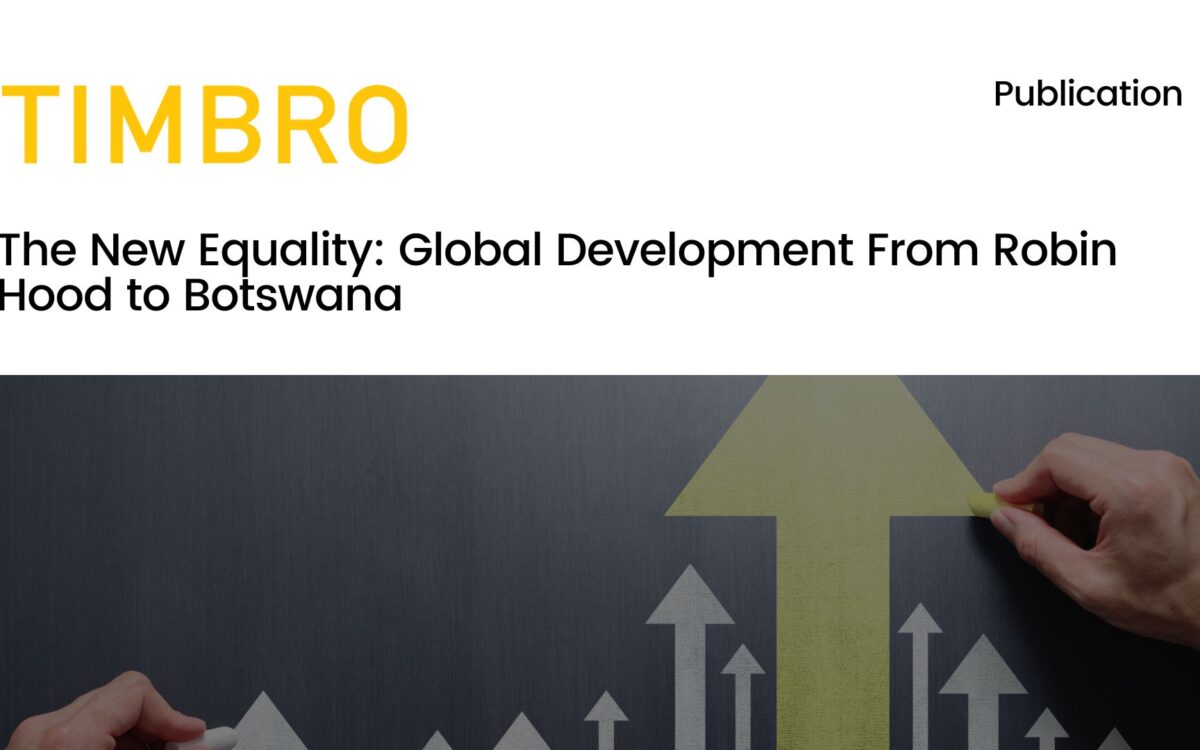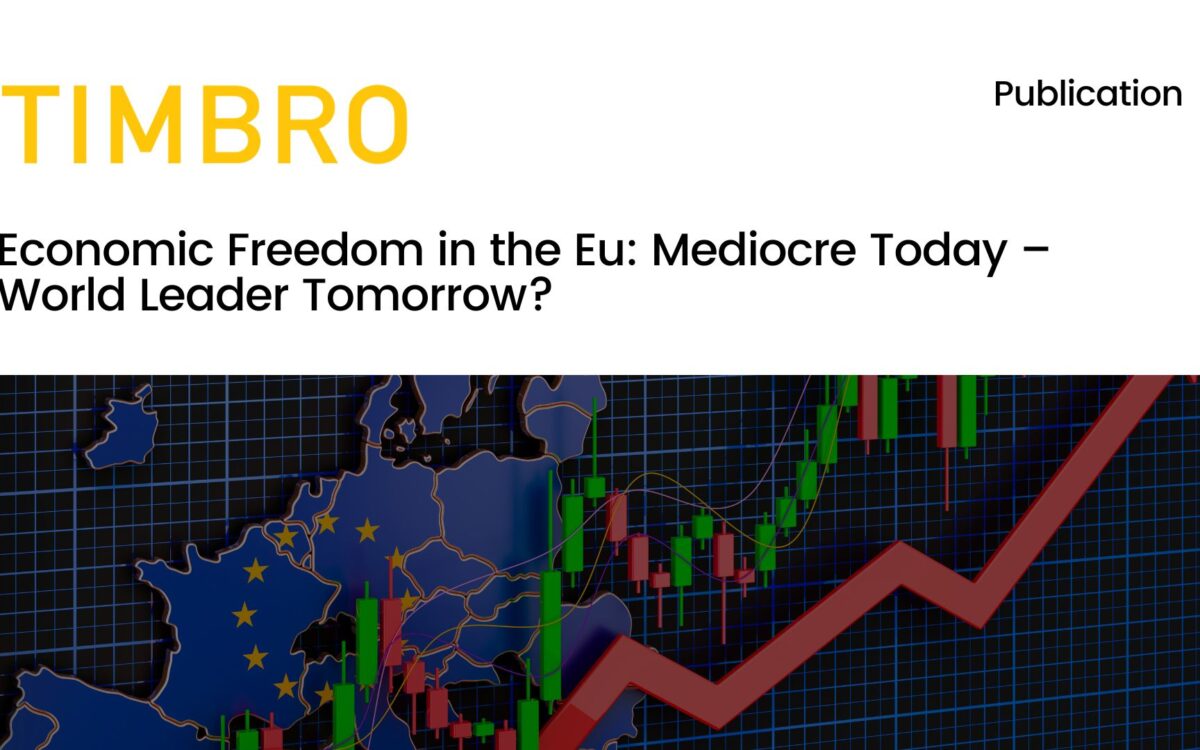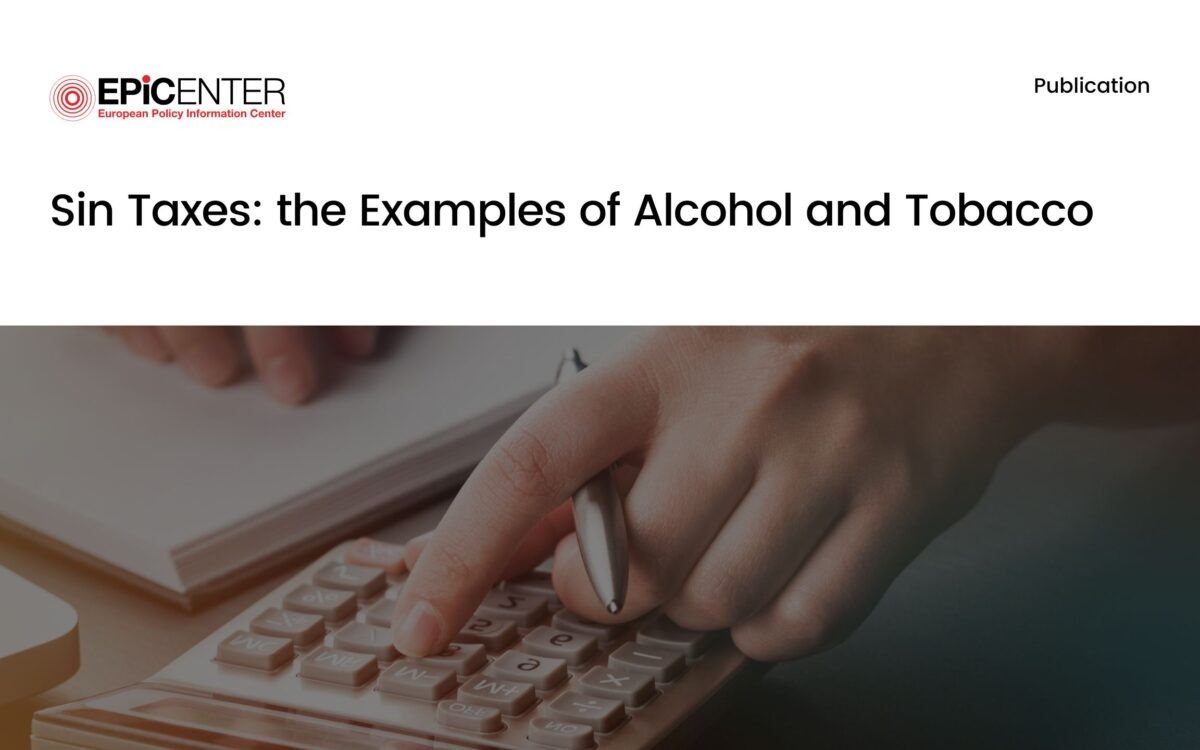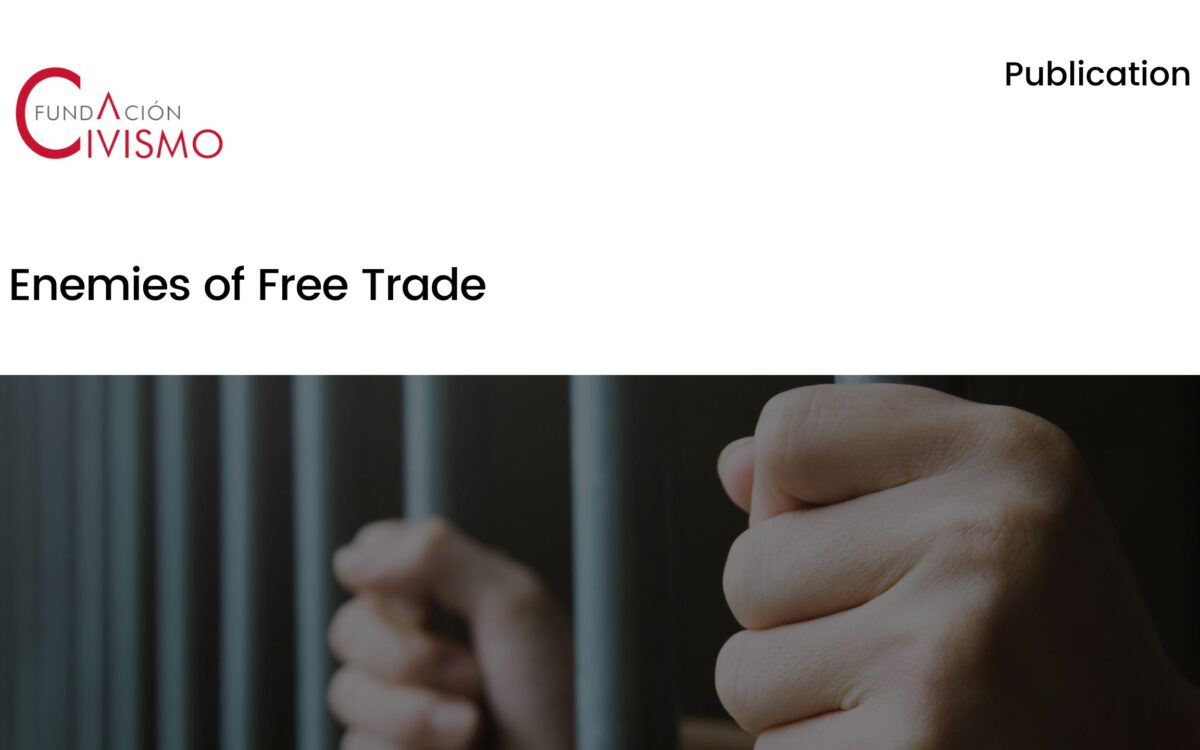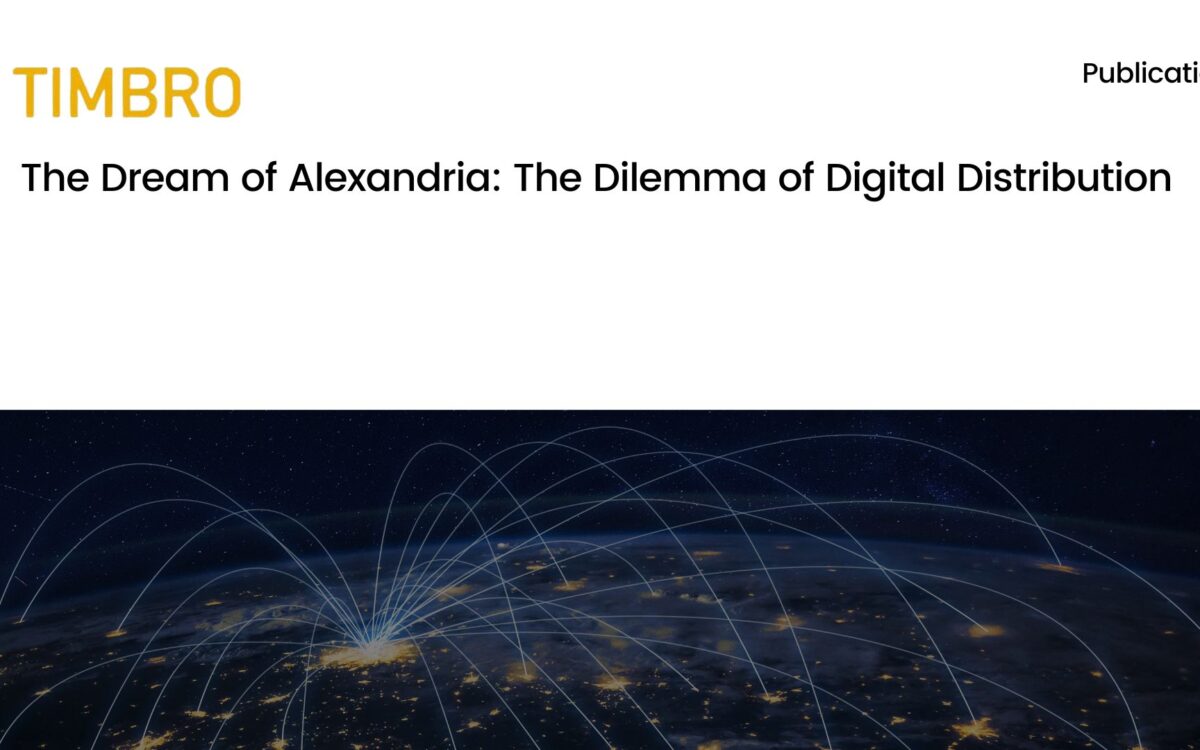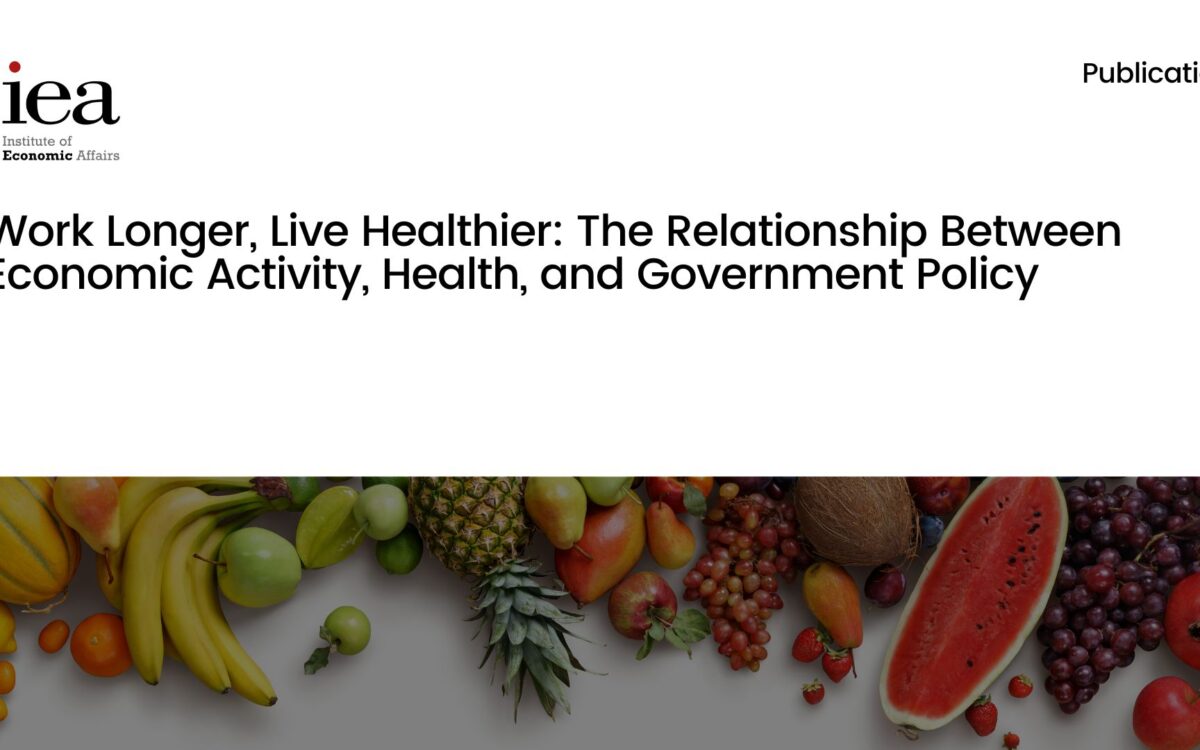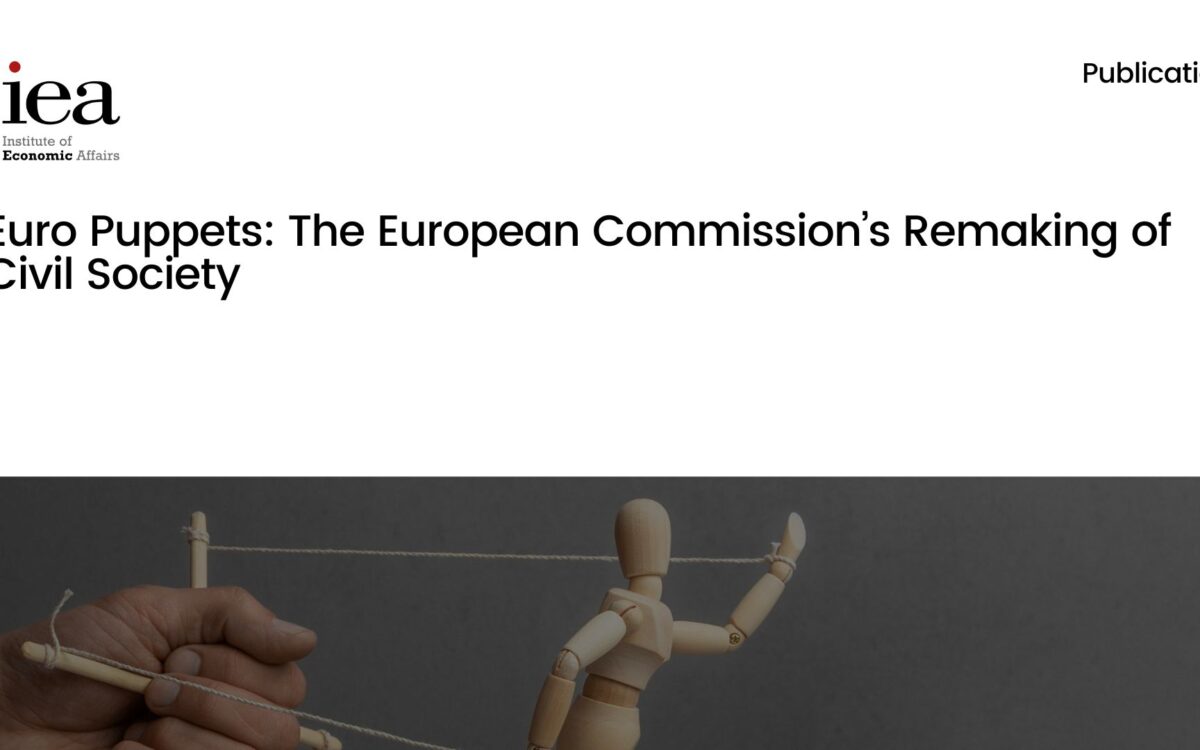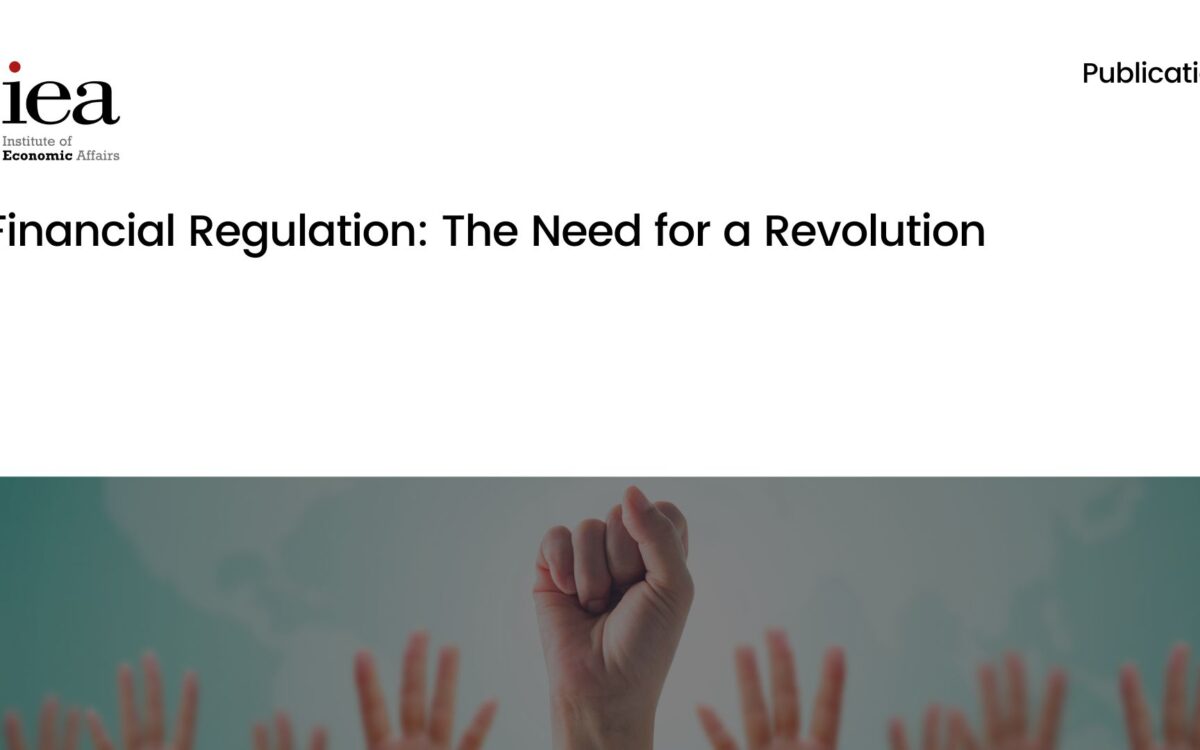September 1, 2014
In the mid-1700s Europe and North America broke with thousands of years of economic stagnation. When power was spread around in society, countries began to experience sustained growth. It was also the birth of global income inequality, which continued to grow for about two centuries.
